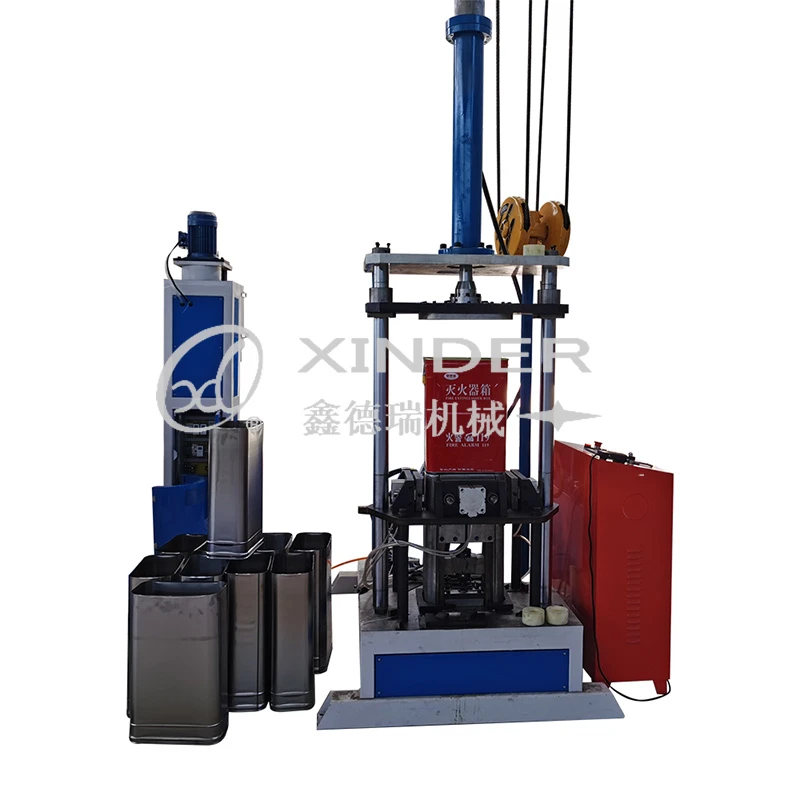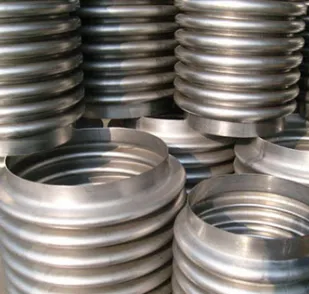-
 8613931787312
8613931787312 -
 Botou Industrial Zone on the east side of National Highway 104, Botou City, Hebei Province
Botou Industrial Zone on the east side of National Highway 104, Botou City, Hebei Province
- Afrikaans
- Albanian
- Amharic
- Arabic
- Armenian
- Azerbaijani
- Basque
- Belarusian
- Bengali
- Bosnian
- Bulgarian
- Catalan
- Cebuano
- Corsican
- Croatian
- Czech
- Danish
- Dutch
- English
- Esperanto
- Estonian
- Finnish
- French
- Frisian
- Galician
- Georgian
- German
- Greek
- Gujarati
- haitian_creole
- hausa
- hawaiian
- Hebrew
- Hindi
- Miao
- Hungarian
- Icelandic
- igbo
- Indonesian
- irish
- Italian
- Japanese
- Javanese
- Kannada
- kazakh
- Khmer
- Rwandese
- Korean
- Kurdish
- Kyrgyz
- Lao
- Latin
- Latvian
- Lithuanian
- Luxembourgish
- Macedonian
- Malgashi
- Malay
- Malayalam
- Maltese
- Maori
- Marathi
- Mongolian
- Myanmar
- Nepali
- Norwegian
- Norwegian
- Occitan
- Pashto
- Persian
- Polish
- Portuguese
- Punjabi
- Romanian
- Russian
- Samoan
- scottish-gaelic
- Serbian
- Sesotho
- Shona
- Sindhi
- Sinhala
- Slovak
- Slovenian
- Somali
- Spanish
- Sundanese
- Swahili
- Swedish
- Tagalog
- Tajik
- Tamil
- Tatar
- Telugu
- Thai
- Turkish
- Turkmen
- Ukrainian
- Urdu
- Uighur
- Uzbek
- Vietnamese
- Welsh
- Bantu
- Yiddish
- Yoruba
- Zulu
Tin Can Welding Machine High-Speed Precision Metal Can Sealing
- Introduction to Modern Tin Can Welding Solutions
- Technical Superiority of Advanced Welding Systems
- Performance Comparison: Leading Manufacturers
- Customized Solutions for Diverse Industrial Needs
- Real-World Applications in Packaging & Manufacturing
- Cost Efficiency and Operational Longevity
- Future Trends in Tin Can Fabrication Technology

(tin can welding machine)
Modern Tin Can Welding Solutions Revolutionize Production
The tin can welding machine
has become indispensable in metal packaging, achieving 23% annual growth since 2020. Industries ranging from food preservation to chemical storage rely on these systems to ensure airtight seals while maintaining production speeds exceeding 1,200 units/hour. Unlike traditional methods, contemporary can welding machines integrate laser calibration and automated quality control, reducing material waste by up to 18%.
Technical Superiority of Advanced Welding Systems
Third-generation welding equipment demonstrates three critical improvements:
- Precision: 0.02mm seam accuracy through AI-assisted alignment
- Speed: 30% faster cycle times compared to 2019 models
- Adaptability: Seamless switching between tinplate, aluminum, and hybrid materials
Advanced cooling mechanisms extend component lifespan by 40%, significantly reducing maintenance costs.
Performance Comparison: Leading Manufacturers
| Brand | Welding Speed (units/h) | Energy Efficiency | Error Rate | Price Range (USD) |
|---|---|---|---|---|
| CanTek ProSeries | 1,450 | 92% | 0.15% | 85,000–120,000 |
| SealMaster X7 | 1,200 | 88% | 0.22% | 68,000–95,000 |
| FusionWare Industrial | 1,600 | 95% | 0.08% | 142,000–175,000 |
Customized Solutions for Diverse Industrial Needs
Modular tin bending machine configurations allow manufacturers to adjust:
- Can diameter compatibility (50mm–300mm)
- Material thickness handling (0.15mm–0.5mm)
- Production scale adaptability (500–5,000 units/day)
Automated thickness detection systems now achieve 99.7% measurement accuracy, enabling real-time parameter adjustments.
Real-World Applications in Packaging & Manufacturing
A multinational beverage company implemented robotic can welding machines with these results:
"Production throughput increased 34% while reducing seal failure incidents from 1.2% to 0.3% within six months."
Chemical container manufacturers report 18% longer product shelf life due to improved seam integrity.
Cost Efficiency and Operational Longevity
Modern systems demonstrate:
- 27% lower energy consumption than ISO 14001 benchmarks
- Predictive maintenance algorithms reducing downtime by 41%
- 5-year ROI periods with proper calibration schedules
Future Trends in Tin Can Fabrication Technology
The next-generation tin can welding machine will incorporate quantum sensors for sub-micron defect detection, while hybrid induction-laser systems aim to boost welding speeds beyond 2,000 units/hour. Sustainable manufacturing initiatives drive development of 100% recyclable seam compounds compatible with existing can welding machine infrastructure.

(tin can welding machine)
FAQS on tin can welding machine
Q: What industries commonly use a tin can welding machine?
A: Tin can welding machines are widely used in food packaging, chemical storage, and aerosol production industries. They automate seam welding for cylindrical metal containers, ensuring durability and leak-proof seals.
Q: How does a tin bending machine enhance can production efficiency?
A: A tin bending machine shapes flat metal sheets into precise cylindrical or rectangular forms. This prep work streamlines the welding process, reducing manual labor and minimizing material waste.
Q: What safety features are critical for operating a can welding machine?
A: Key safety features include thermal overload protection, emergency stop buttons, and protective guards. Proper operator training and regular maintenance are equally vital to prevent accidents.
Q: Can a single tin can welding machine handle different can sizes?
A: Yes, most modern machines offer adjustable molds and programmable settings. This flexibility allows quick adaptation to varying diameters and heights without significant downtime.
Q: How often should a tin bending machine be maintained?
A: Lubrication and alignment checks should occur weekly, with full component inspections monthly. Follow the manufacturer’s guidelines to ensure optimal performance and extend the machine’s lifespan.
-
The Rise of Laser Welding: Precision Meets Power in Modern MetalworkNewsAug.06,2025
-
Streamlining Industrial Packaging: The Power of Barrel Production LinesNewsAug.06,2025
-
Revolutionizing Metal Joining: The Power of Automatic Seam Welding MachinesNewsAug.06,2025
-
Powering Industrial Innovation: The Role of Pipe and Tube Machinery in Modern ManufacturingNewsAug.06,2025
-
Exploring the World of Resistance Welding: Equipment, Manufacturers, and Pricing InsightsNewsAug.06,2025
-
Advancing Container Manufacturing: The Role of the Modern Can Welding MachineNewsAug.06,2025
-
Understanding Automatic Seam Welding Machines: A Game Changer in Welding TechnologyNewsJul.18,2025
-
 Pneumatic Handle Welding MachineSep . 13, 2024
Pneumatic Handle Welding MachineSep . 13, 2024 -
 Fully Automatic Kaiping Production LineOct . 17, 2024
Fully Automatic Kaiping Production LineOct . 17, 2024 -
 Fully Automatic Metal Bucket Lifting HeadphonesSep . 14, 2024
Fully Automatic Metal Bucket Lifting HeadphonesSep . 14, 2024

